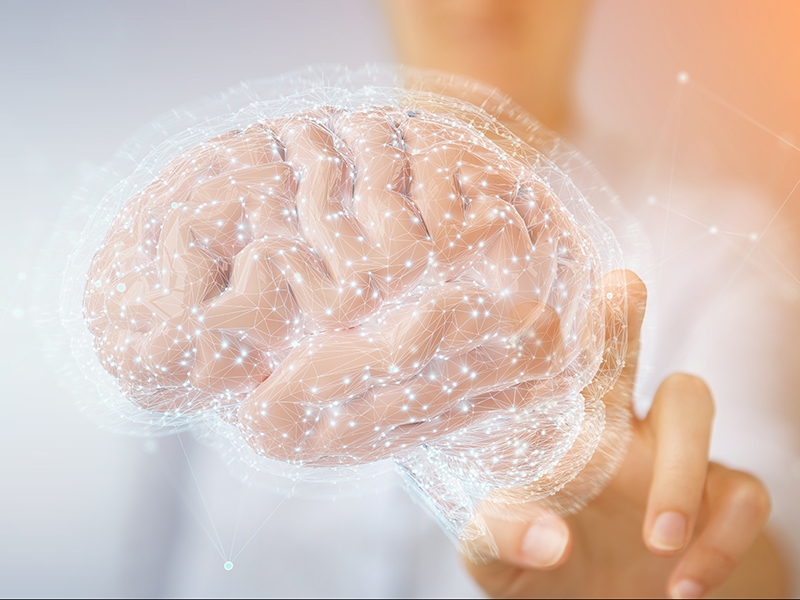Xuan Bac Nguyen, a Ph.D. candidate in the Department of Electrical Engineering and Computer Science, and his team placed third in the MIT Vision Brain Challenge, Algonauts Project 2023. The competition featuring more than 100 research teams around the world judges how successfully computational AI models predict brain responses to visual stimuli of natural scenes.
The challenge seeks to unravel the nature of human cognition. Neuroscientists strive to understand how someone's brain reacts when they recognize an object. However, the individualized unpredictable nature of brain signals poses significant limitations to traditional research methodologies.
Nguyen's Computer Vision and Image Understanding Lab partnered with the State University of New York, Albany, in a collaboration that fostered a dynamic exchange of ideas and insights.
Nguyen elaborated, "The challenge we face is to develop artificial intelligence models that can accurately simulate and predict human brain responses when exposed to various visual stimuli. Our main goal in the Algonauts challenge is to do this accurately."
Participants in the challenge are provided a unique set of data. The data set tracks intricate signals that the brain uses to decipher and respond to external stimuli. The participants' models are evaluated for their accuracy in interpreting and predicting the brain's response to these signals.
"The judges use a metric to assess the accuracy of our prediction. We utilize 'big data' in our model, and this is a complicated topic. The reason we like this competition is that it helps us learn more about how the brain works," Nguyen said.
"In AI, we rely on neural networks. This technology has been around for a very long time, but recently, with the help of deep learning, it has become popular and a very important part of building learning models. You need a lot of data to have a strong learning model, and even then, it does not fully solve the problem. To emulate the human brain's intricacies, you need both data and a profound understanding of neural mechanisms," Nguyen acknowledged.
Predicting brain responses to visual signals goes beyond our deep learning algorithms and data. Nguyen said, "We may have some design ideas and some new ideas on how to improve the deep learning models to make it more like the human brain. To build a good model, we need some idea of how the brain works and reapply it to the field."
Nguyen will present the research at the Conference on Cognitive Computational Neuroscience in the United Kingdom on Aug. 25.
Topics
Contacts
Austin James Cook, project/program specialist
Electrical Engineering and Computer Science
479-575-7120, ac202@uark.edu
Jennifer P. Cook, director of communications
College of Engineering
479-575-5697, jpc022@uark.edu
